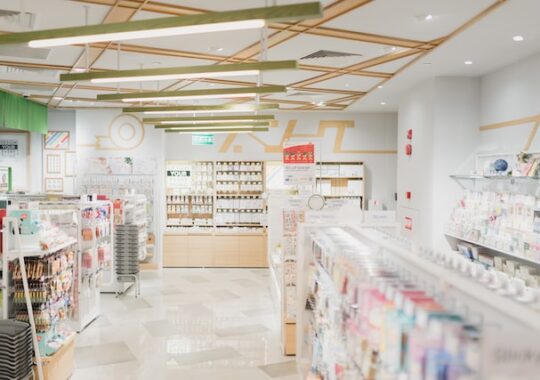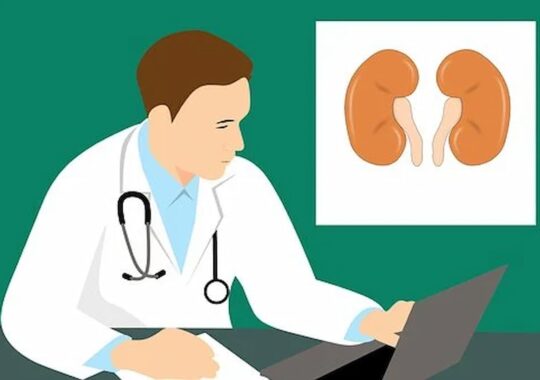Symptoms of meningioma is greatly caused by the pressure a growing tumor puts on the brain or the spinal cord. Due to the pressure the normal functioning of the particular part of the brain is disrupted, as the associated nerves and the blood vessels are invariably pressed and squeezed. Meningioma does not get detected in many cases until the symptoms prominently appear. Let us look at the symptoms of the different kinds of meningioma, prominent in affected individuals.
- Symptoms of convexity meningioma includes severe headaches, a change in the memory or personality, seizures, and also focal neurological deficit. Nerve problems are often incurred which might affect either a particular domain or a very small area in the brain. This problems get prominence either on one side of the face, or in a particular leg or arm. Smaller area like the tongue can also be affected. The tumor can also invade a particular function of a specific organ. And for instance, a person who has difficulty in speech, is perfectly able to write that is, only the speech function is affected. A loss of movement, emotion or feeling is also common.
- Symptoms of olfactory groove meningioma include headache, loss of smell etc. There might be loss of patches within the field of vision. Double vision and blindness in some cases are also common.
- Falx and parasagittal meningioma treatment in India is cost effective and symptoms include, weakness in the legs, apart from headaches and seizures.
- A feel of numbness on the face, as well as a loss of feeling can be an indication of sphenoid meningioma when the person generally experiences a loss of patch of sight within the visionary field, as well as headaches, blindness and double vision.
- A swelling in the optic disc that is within the retina of the eye is diagnosed in patients with suprasellar meningioma. The optic disc is the region where several nerve fibers come together and aggregate to form the optic nerve. Loss of portions of vision is common alongside blindness and double vision.
- In posterior fossa meningioma, there might be difficulty in swallowing foods and drinks, trouble experienced while trying to walk. Difficulty in hearing and a sharp pain felt in the face, spasm of the facial muscles as well as numbness in the facial region is quite common.
- Symptoms of spinal meningioma include back pain, extreme difficulty with the body functioning in bladder or bowel, pain in the chest or hands and feet, and also feeling of weakness or numbness in the limbs. Symptoms of intraorbital meningioma include loss of vision, and also eyes get bulged outside.
- Intraventricular meningioma includes dizziness, rapid change in memory and personality as well as headache.
Seizure is the most common cause of meningioma. It is also known as convulsions, which are basically sudden involuntary movements of the muscles in a person. There are different kinds of seizures such as myoclonic, sensory, tonic-clonic or grand mal and complex partial seizures. There are a lot of different kinds of drugs available on prescription, in the market which helps in the control and management of the seizure symptoms.





